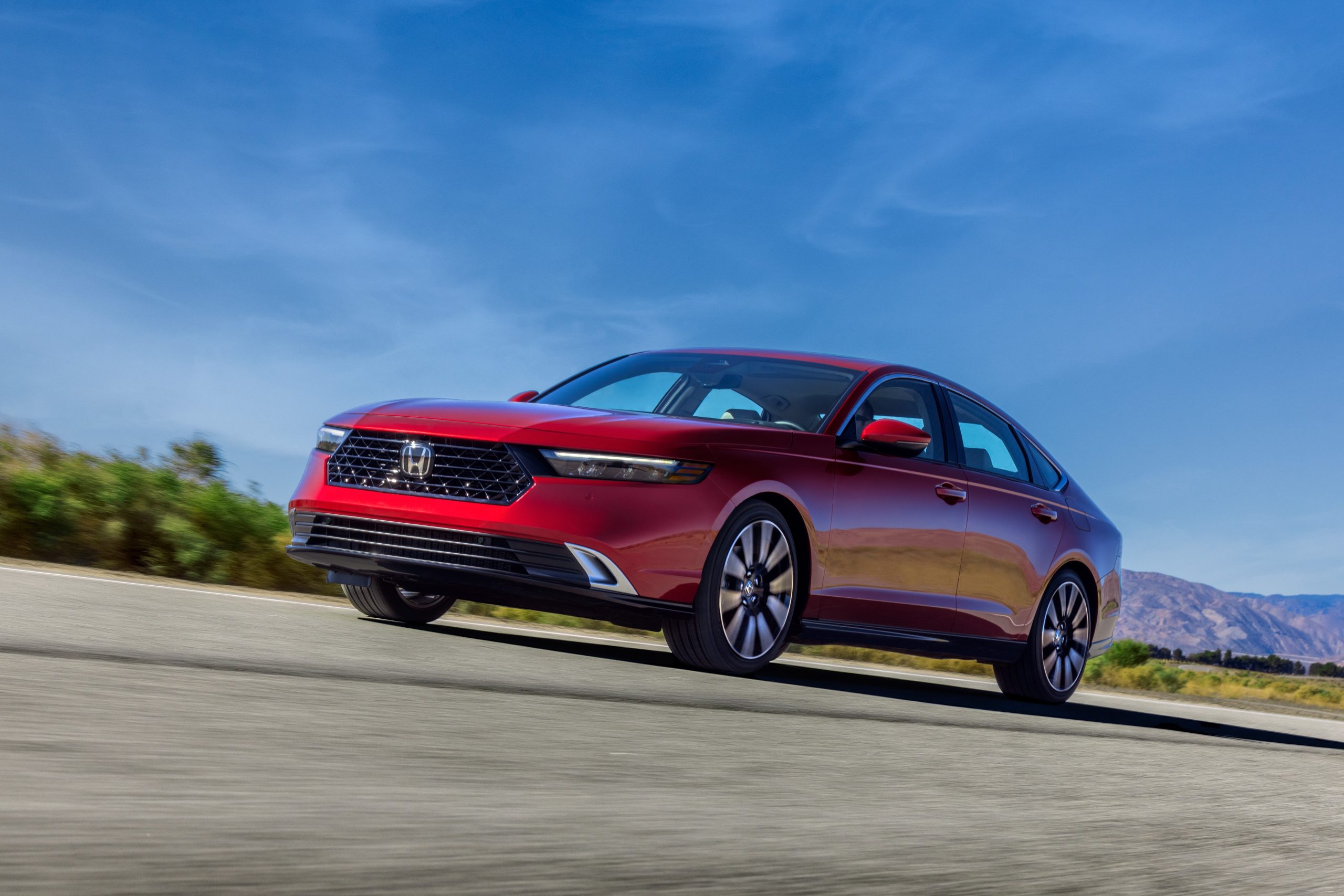The sedan has long been a favorite choice among drivers worldwide. Offering a perfect mix of practicality, style, and performance, sedans are especially suited for families, daily commuters, and professionals alike. While SUVs and crossovers are rising in popularity, sedans continue to hold strong appeal thanks to their excellent fuel economy, smoother handling, and affordability. In this blog, we’ll walk you through everything you need to know about sedans, including what defines them, why they are still relevant in 2025, their various types, essential features, top models, and buying tips.
What is a Sedan?
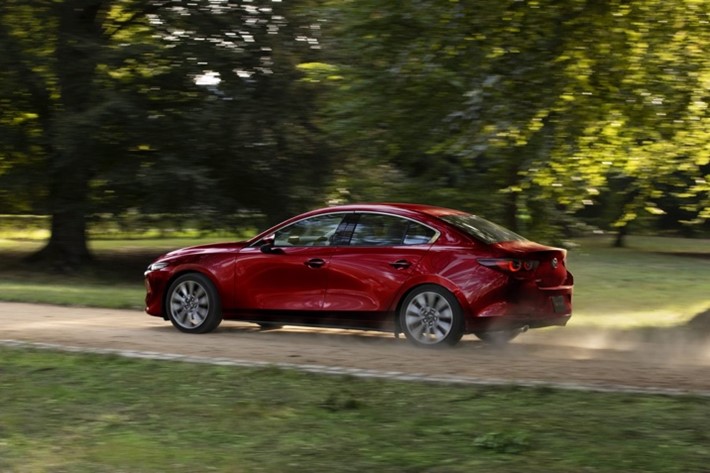
A sedan is a passenger car designed with a three-box structure—one section for the engine, one for the passenger cabin, and another for cargo. Typically, a sedan has four doors, seating for four or five people, and a separate, enclosed trunk. This traditional design has remained consistent for decades because of its practicality and balance.
The low ground clearance of a sedan helps provide better aerodynamics, which leads to increased fuel efficiency and a smoother driving experience compared to taller vehicles like SUVs. Sedans often come with a unibody frame that makes them lighter, more agile, and less top-heavy. This makes them easier to maneuver in city traffic and more comfortable for long highway drives. Over the years, manufacturers have improved the overall design by adding new technologies, better materials, and more efficient engines—making modern sedans safer, more reliable, and more comfortable than ever before.
Why Sedans Are Still a Smart Choice
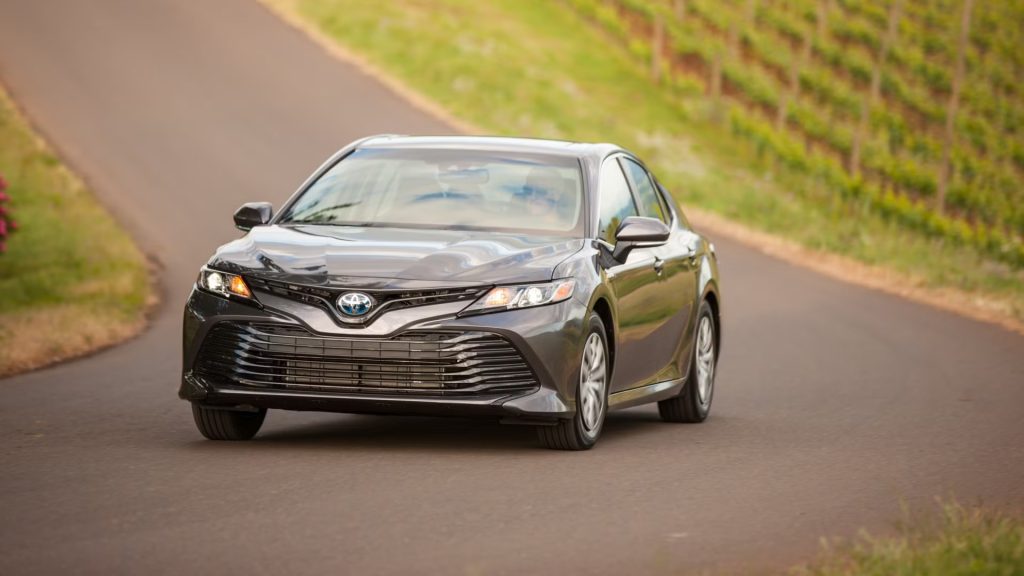

Despite the growing trend of crossovers and SUVs, sedans continue to be a smart option for many reasons. One of the biggest advantages of a sedan is its superior fuel efficiency. Most sedans weigh less than SUVs and have better aerodynamics, which means they consume less fuel and emit fewer emissions. In an age where both environmental concerns and fuel prices matter, sedans remain a practical solution.
In terms of handling, sedans offer a more stable and grounded ride, especially at higher speeds. Their lower center of gravity reduces body roll and improves cornering ability, providing a more confident driving experience. This is especially noticeable in urban areas where tighter turns and narrow roads are common.
Additionally, sedans tend to be more affordable. The purchase price, insurance, and maintenance costs are typically lower than those of larger vehicles. Many sedans also offer features found in more expensive cars—such as touchscreen infotainment systems, advanced safety technology, and luxurious interiors—without the hefty price tag. For drivers who prioritize efficiency, comfort, and value, sedans remain a logical and economical choice.
Types of Sedans
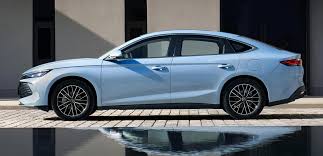
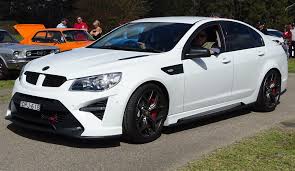
Sedans come in several different categories, each designed to meet specific needs. Understanding the types of sedans available in the market will help you determine which one best suits your lifestyle and budget.
Compact Sedans
Compact sedans are the smallest in this category. These are ideal for first-time car buyers, students, and city dwellers. Compact sedans usually offer great fuel efficiency, easy handling, and enough space for small families or daily commuting. Models like the Toyota Corolla and Honda Civic are popular for their reliability, affordability, and resale value. They may not have the most powerful engines, but they make up for it with cost savings and practicality.
Mid-Size Sedans
Mid-size sedans are larger and more comfortable than compact versions. They offer more interior space, a smoother ride, and better performance. These sedans are perfect for small families and long-distance drivers. Popular models include the Honda Accord, Toyota Camry, and Hyundai Sonata. Mid-size sedans often come with more tech features, safety systems, and interior upgrades while still maintaining reasonable fuel economy.
Full-Size Sedans
Full-size sedans provide even more space, comfort, and power. These vehicles are ideal for those who travel frequently or want a more luxurious feel without switching to a premium brand. They feature larger engines, spacious backseats, and larger trunks. Examples include the Chrysler 300 and Nissan Maxima. Full-size sedans are often used for executive travel or by those who prioritize comfort over compactness.
Luxury Sedans
Luxury sedans are designed for those seeking top-tier comfort, advanced technology, and premium materials. Brands such as Mercedes-Benz, BMW, Lexus, and Audi dominate this segment. These cars include features like leather seating, advanced infotainment systems, adaptive cruise control, and superior noise insulation. While they are more expensive, luxury sedans offer unmatched refinement and status appeal.
Sport Sedans
Sport sedans combine the comfort of a regular sedan with high-performance capabilities. These vehicles are equipped with more powerful engines, sport-tuned suspension, and sleek, aggressive designs. The BMW M3 and Alfa Romeo Giulia Quadrifoglio are examples of sport sedans that provide exhilarating performance without sacrificing practicality. They’re perfect for drivers who want an engaging driving experience without moving into the sports car category.
Key Features to Look for in a Sedan

When shopping for a sedan, it’s important to evaluate more than just the design or brand. Here are some key features that will help you get the most value for your money.
Fuel Economy
One of the primary reasons people choose sedans is fuel efficiency. Look for models that offer 30+ MPG or even hybrid versions that go beyond 40 MPG. The lower weight and aerodynamic design help sedans outperform most SUVs in fuel savings.
Safety Technology
Modern sedans come equipped with advanced safety features such as automatic emergency braking, blind-spot monitoring, lane-keeping assist, and adaptive cruise control. It’s also a good idea to check the vehicle’s crash test ratings from agencies like the IIHS or NHTSA.
Comfort and Interior Space
Even smaller sedans can offer surprising amounts of comfort. Consider features such as seat adjustability, legroom, headroom, and climate control. Full-size and mid-size sedans typically provide a more comfortable backseat experience, especially for long trips.
Infotainment System
Look for touchscreen interfaces that support Apple CarPlay and Android Auto. Other desirable tech features include navigation, Bluetooth connectivity, USB ports, and voice controls. Many mid-range and high-end sedans also include wireless charging and premium sound systems.
Cargo Capacity
Trunk space matters, especially for those who travel often. Compact sedans usually offer around 13 cubic feet of space, while mid-size and full-size versions provide 15–18 cubic feet. Split-folding rear seats can add flexibility and expand storage.
Best Sedan Models in 2025
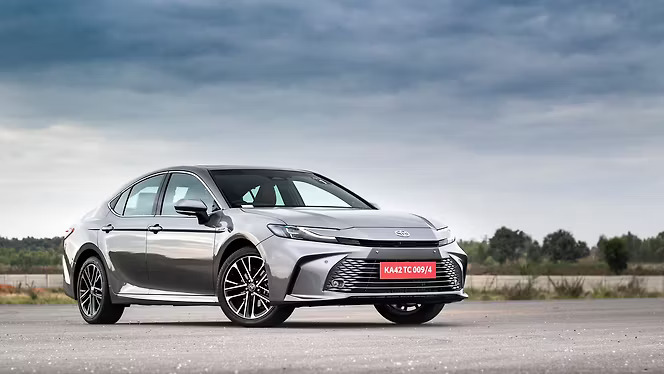
If you’re planning to buy a sedan in 2025, several models stand out due to their performance, value, and features.
Toyota Camry
The Camry remains one of the most reliable mid-size sedans available. With both gasoline and hybrid options, it delivers great mileage and strong resale value. The 2025 model includes a redesigned interior, a more efficient engine, and Toyota’s standard safety suite.
Honda Accord
Known for its spacious interior and refined ride, the Accord continues to lead in the mid-size category. The 2025 version offers updated styling, improved hybrid performance, and new infotainment enhancements that make it a pleasure to drive.
Hyundai Sonata
The Sonata has made a name for itself through its modern design and feature-rich trims. The 2025 model includes semi-autonomous driving features, upgraded tech, and an optional hybrid version, all at a competitive price point.
BMW 3 Series
For those looking for a sportier ride with luxury appeal, the BMW 3 Series delivers excellent performance and driver engagement. It combines a high-quality interior with responsive handling, making it one of the best choices for luxury sport sedan enthusiasts.
Mercedes-Benz E-Class
This full-size luxury sedan offers unmatched elegance and advanced technology. The E-Class for 2025 features voice-activated controls, customizable displays, and a smooth, quiet ride. It’s ideal for those who want comfort, safety, and a touch of prestige.
Tips for Buying the Right Sedan
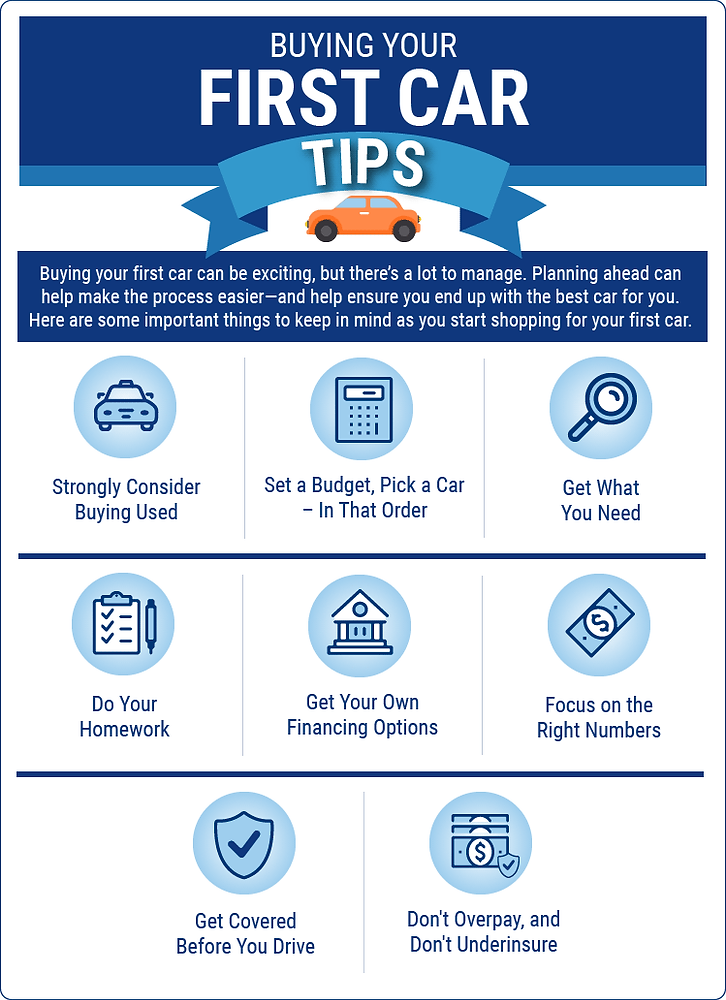
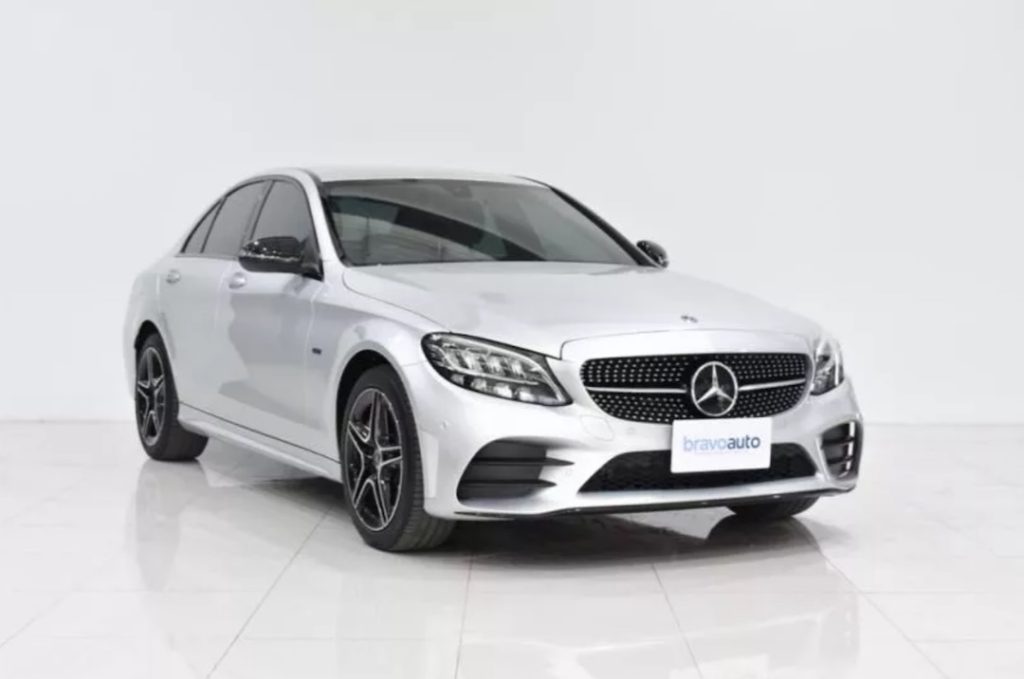
Buying a sedan is an important decision, and making the right choice requires a bit of planning. Start by determining your needs. If you’re a city driver, a compact or hybrid sedan may be best. For families or frequent travelers, a mid-size or full-size sedan offers more space and comfort.
Set a realistic budget, and remember to factor in insurance, fuel, taxes, and future maintenance costs. Always test drive multiple models before making a decision. Focus on comfort, visibility, ease of use for controls, and overall driving experience.
Research resale value, especially if you plan to upgrade in a few years. Some brands like Toyota and Honda consistently retain value better than others. Finally, check warranty terms and available service centers in your area to ensure a hassle-free ownership experience.
Conclusion
The sedan continues to be a strong contender in the automotive world in 2025. Whether you’re looking for affordability, fuel efficiency, comfort, or luxury, there is a sedan that fits your needs. With a wide range of models available, from budget-friendly compact sedans to high-end luxury vehicles, drivers can find the perfect balance of style and substance. If you’re looking for a well-rounded vehicle that performs excellently in city driving and long highway journeys alike, the sedan remains a top choice.

